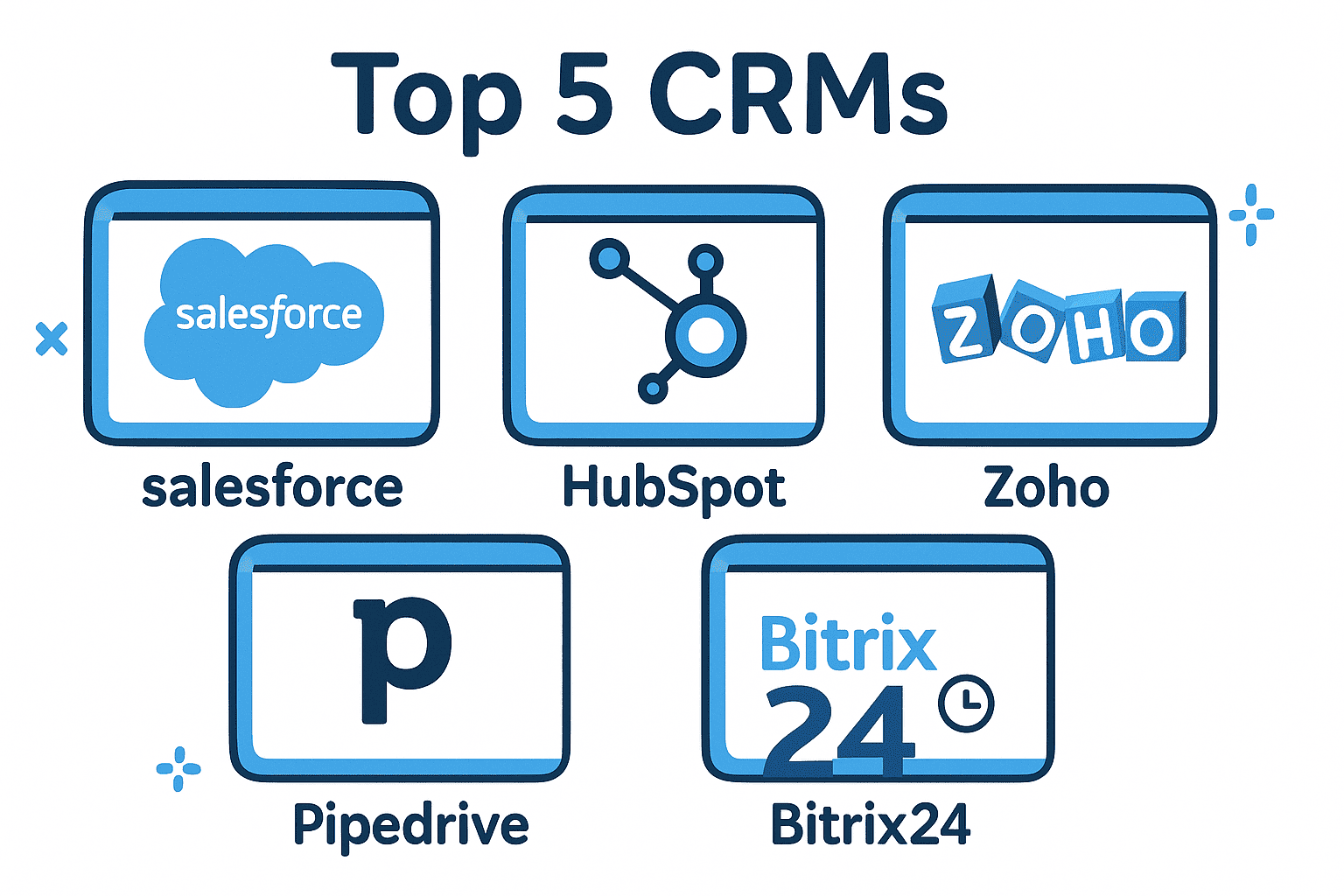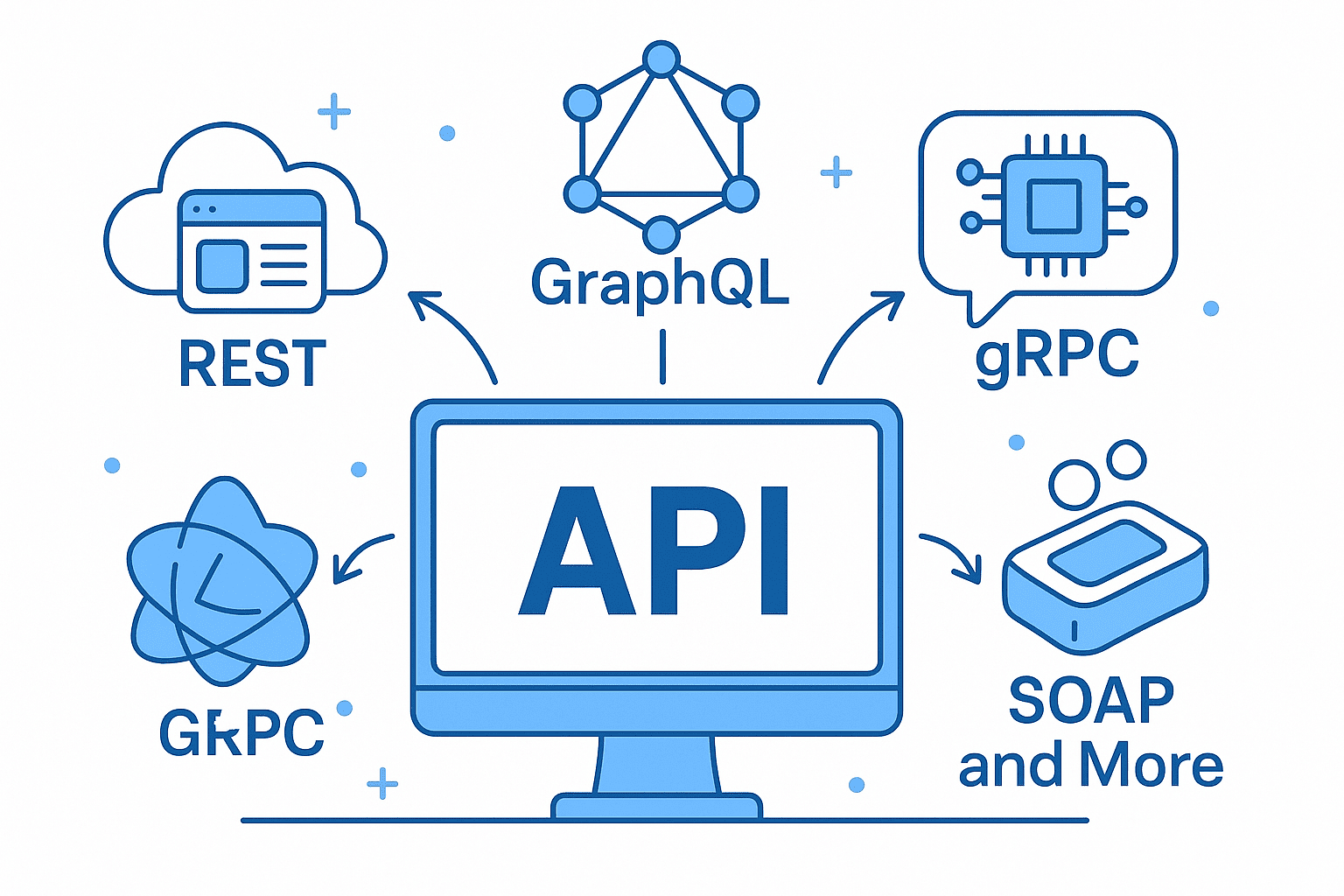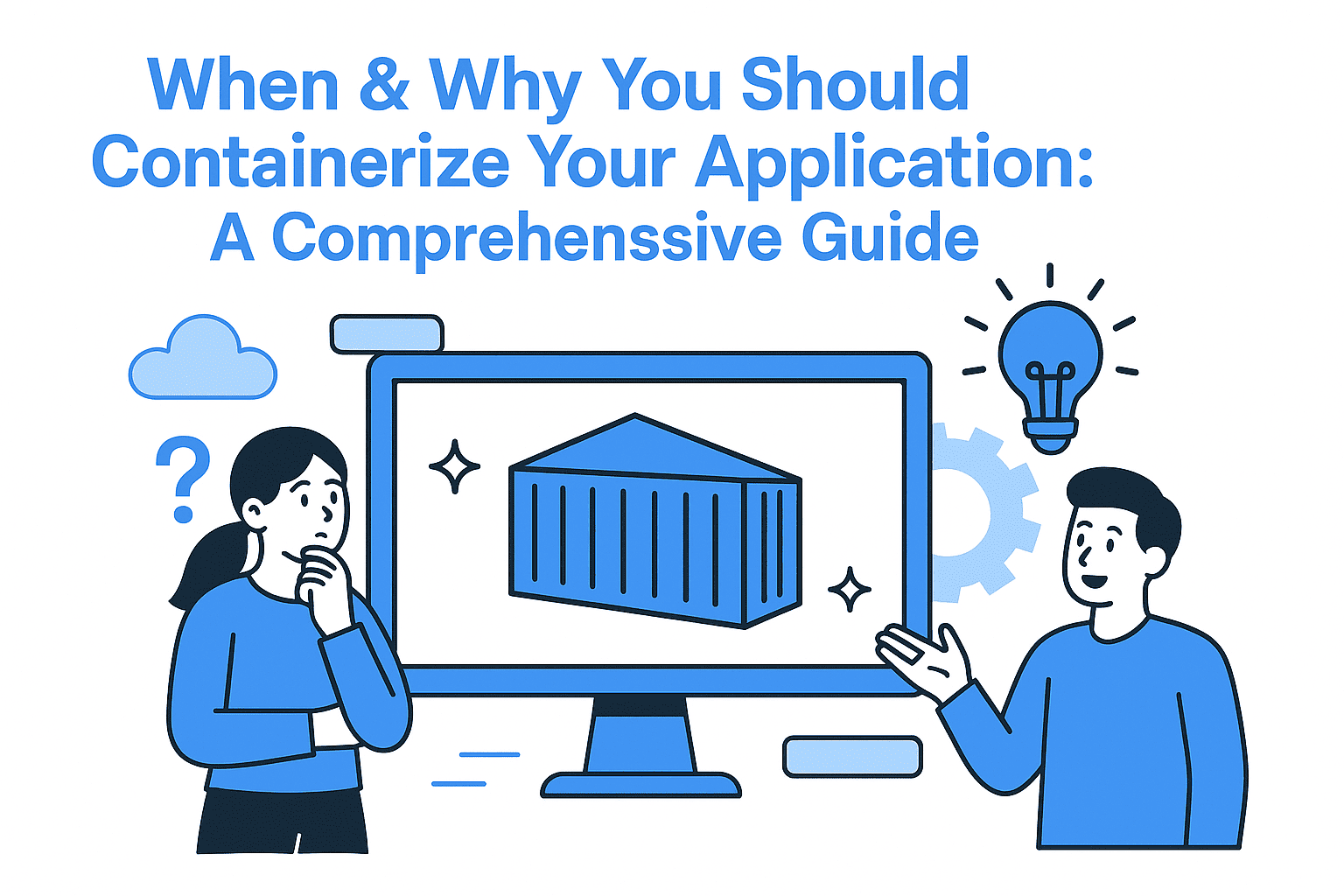In today’s fast-paced business environment, managing customer relationships effectively is crucial for growth and retention. A Customer Relationship Management (CRM) system acts as the backbone of modern business operations, streamlining processes like sales, marketing, customer support, and project management. With so many CRMs available, choosing the right one can be overwhelming. To help you make an informed decision, here’s a breakdown of the top 5 CRMs currently leading the market—each tailored to different business needs, sizes, and priorities.
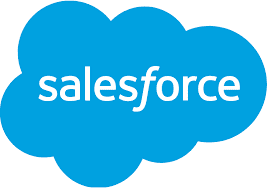
1. Salesforce: The Ultimate CRM for Enterprise Scalability
Overview:
Salesforce is the industry leader, known for its robust cloud-based platform that caters to businesses of all sizes. While it’s often associated with large enterprises, Salesforce can be customized for startups and mid-sized companies through its modular design.
Key Features:
- Advanced Analytics & AI: Salesforce Einstein AI offers predictive insights, automation, and personalized customer experiences.
- Customization: Drag-and-drop tools let users tailor workflows, dashboards, and reports.
- Integration Ecosystem: Connects with thousands of apps (e.g., Slack, Zoom, HubSpot) via its AppExchange marketplace.
- Scalability: Handles complex needs like multi-channel sales, global teams, and compliance.
Best For:
Large enterprises or growing businesses requiring full-scale customization, advanced analytics, and integration with existing tools.
Consider: Salesforce’s learning curve can be steep, and its pricing (starting at $25/user/month) is higher than some competitors.
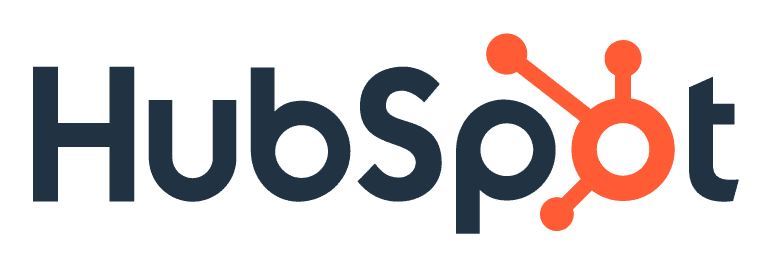
2. HubSpot CRM: The All-in-One Solution for Marketing and Sales
Overview:
HubSpot is a favorite among marketers and sales teams, blending CRM with marketing automation, email tools, and analytics. Its user-friendly interface makes it ideal for small to mid-sized businesses focused on inbound marketing.
Key Features:
- Unified Customer View: Tracks interactions across email, social media, and live chat.
- Marketing Automation: Automate lead nurturing, campaigns, and social media scheduling.
的成长Sales Pipeline Management: Track opportunities, forecast revenue, and manage deal stages. - Free Tier: Offers a robust free plan with limited features—perfect for startups testing the waters.
Best For:
Businesses prioritizing inbound marketing, email automation, and seamless integration between sales, marketing, and customer support.
Consider: HubSpot’s limitations in advanced reporting and data management may not suit complex enterprises.
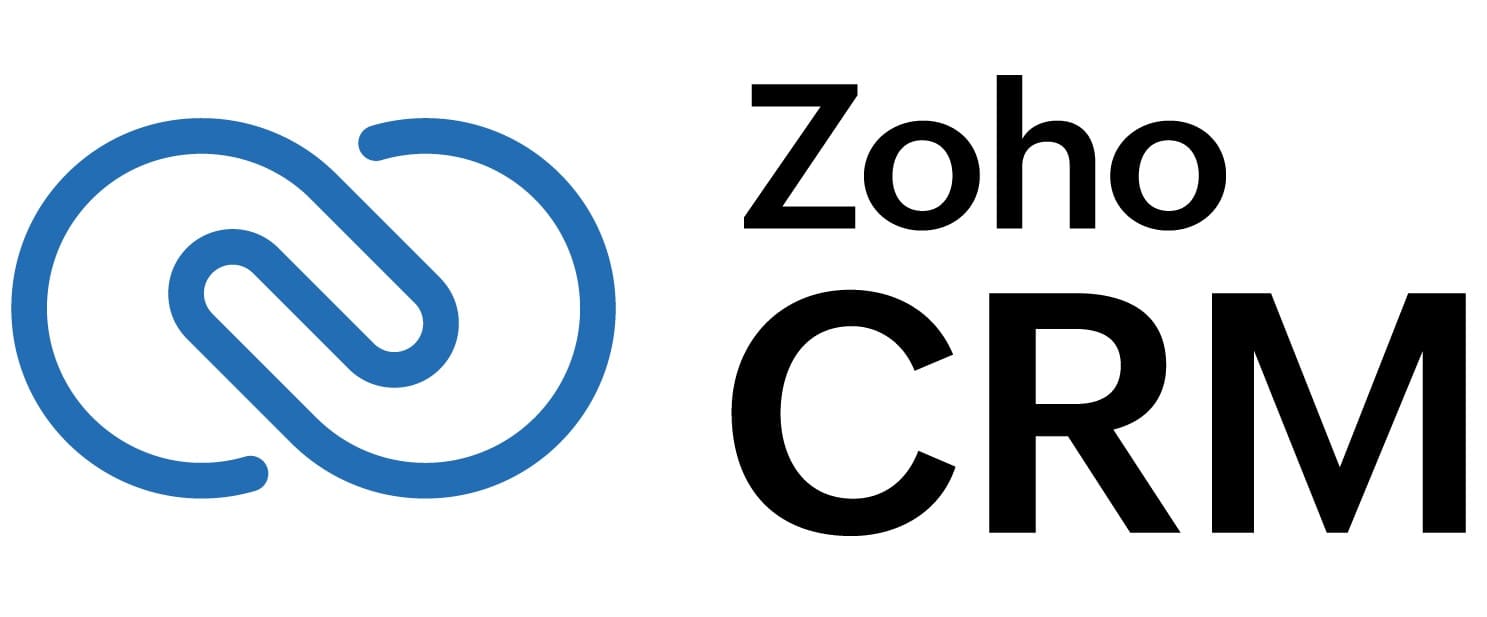
3. Zoho CRM: Affordable Power for Small to Mid-Sized Businesses
Overview:
Zoho CRM is a budget-friendly alternative with a feature-rich platform, making it ideal for small businesses and teams looking for scalability without breaking the bank.
Key Features:
- AI-Powered Lead Scoring & Pipeline Forecasting: Predict deal closures and prioritize high-value leads.
- Customizable Workflows: Automate repetitive tasks like follow-ups and data entry.
- Integration with Zoho Suite: Seamlessly connects with Zoho’s project management, accounting, and email tools.
- Affordable Pricing: Starts at $12/user/month—competitive with other mid-tier CRMs.
Best For:
SMBs and teams needing a cost-effective, scalable CRM with strong automation tools.
Consider: Zoho’s interface may feel less intuitive compared to cloud-based competitors, and advanced features require a paid plan.
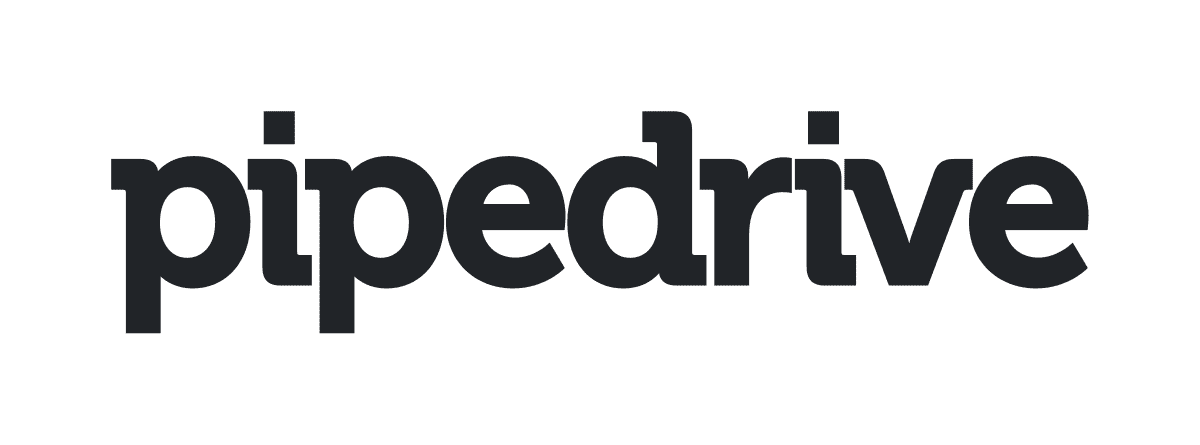
4. Pipedrive: The Sales-Focused CRM for Streamlined Pipelines
Overview:
Pipedrive is a lightweight, sales-centric CRM designed to simplify lead tracking and deal management. Its visual pipeline system makes it a favorite for sales teams that value simplicity and speed.
Key Features:
- Visual Pipeline Dashboard: Drag-and-drop interface to manage deals, set deadlines, and assign tasks.
- Automation Rules: Create triggers for follow-ups, email campaigns, and reminders.
- Mobile-First Design: Access data on-the-go with a responsive app for iOS and Android.
- Affordable Pricing: Starts at $15/user/month, with tiered plans for growing teams.
Best For:
Small to mid-sized sales teams focused on lead conversion and pipeline management.
Consider: Pipedrive lacks some advanced features like marketing automation, making it less ideal for all-in-one needs.
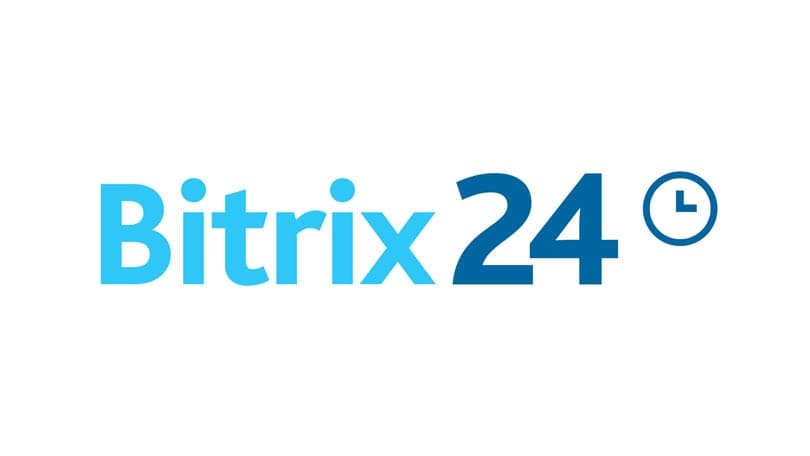
5. Bitrix24: The All-in-One CRM with Project Management
Overview:
Bitrix24 combines a powerful CRM with project management, collaboration tools, and live chat, making it ideal for teams needing integrated workflows. While less mainstream than Salesforce or HubSpot, it’s a strong contender for hybrid teams.
Key Features:
- Unified Collaboration Hub: Centralize projects, tasks, and customer data in one place.
- Live Chat & Helpdesk: Boost customer support efficiency with real-time communication tools.
- Automation Workflows: Automate repetitive tasks and manage client interactions.
- Free Plan with Limited Features: Offers a basic free tier, perfect for testing the platform.
Best For:
Remote teams or agencies requiring a blend of CRM, project management, and collaboration tools.
Consider: Bitrix24’s user interface may take time to adapt to, and advanced features are limited in the free plan.
How to Choose the Right CRM for Your Business
When selecting a CRM, consider these factors:
- Business Size: Enterprise-level tools like Salesforce offer scalability, while SMB-friendly CRMs (e.g., Zoho or HubSpot) suit smaller teams.
- Focus Areas: Prioritize a CRM that aligns with your primary goals—sales (Pipedrive), marketing (HubSpot), or all-around integration (Bitrix24).
- Budget: Free tiers and affordable plans (e.g., Zoho, HubSpot) are great for testing but may lack advanced features.
- Integration Needs: Ensure the CRM supports your existing tools (e.g., email, accounting software) to avoid silos.
- User Experience: A intuitive interface ensures your team adopts the tool quickly and efficiently.
Final Thoughts
The best CRM for your business depends on your specific needs, team size, and long-term goals. While Salesforce remains the gold standard for enterprise-scale operations, platforms like HubSpot, Zoho, Pipedrive, and Bitrix24 offer compelling alternatives for smaller teams or specialized use cases. Evaluate each option based on features, pricing, and scalability to find the perfect fit for your business’s growth trajectory.
Ready to streamline your customer relationships? Start by assessing your priorities—then choose the CRM that empowers your team to focus on what matters most: growing your business.
Need help choosing? Let us know your industry, team size, and goals—we’ll guide you to the best CRM for your needs!
